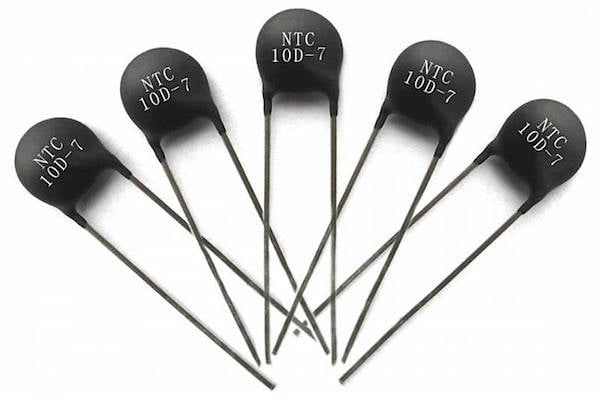
Best Thermistors for Temperature Sensing
Temperature sensing is a critical aspect in various industries, including automotive, electronics, and healthcare. Thermistors are one of the most commonly used temperature sensors due to their high accuracy and sensitivity. However, with so many options available in the market, it can be overwhelming to choose the best thermistor for your specific application. In this article, we will explore some of the best thermistors for temperature sensing.
1. NTC Thermistors
NTC (Negative Temperature Coefficient) thermistors are the most widely used type of thermistors. They have a negative temperature coefficient, which means that their resistance decreases as the temperature increases. NTC thermistors are highly sensitive and provide accurate temperature measurements. They are commonly used in applications such as temperature control systems, automotive engines, and HVAC systems.
2. PTC Thermistors
PTC (Positive Temperature Coefficient) thermistors, on the other hand, have a positive temperature coefficient, which means that their resistance increases as the temperature increases. PTC thermistors are often used for over-temperature protection in electronic circuits. They are also used in applications where a stable and reliable temperature sensing element is required.
3. Epoxy-coated Thermistors
Epoxy-coated thermistors have a protective epoxy coating that makes them more durable and resistant to moisture and chemicals. These thermistors are ideal for harsh environments where temperature fluctuations and exposure to harsh chemicals are common. Epoxy-coated thermistors are often used in industrial applications, such as chemical processing plants and oil refineries.
4. Glass-encapsulated Thermistors
Glass-encapsulated thermistors are hermetically sealed in a glass package, making them highly stable and reliable. These thermistors are ideal for precision temperature sensing applications where accuracy is crucial. Glass-encapsulated thermistors are commonly used in medical devices, laboratory equipment, and aerospace applications.
5. Surface-mount Thermistors
Surface-mount thermistors are designed to be mounted directly onto a circuit board, making them easy to integrate into electronic devices. These thermistors are compact and space-saving, making them ideal for applications with limited space. Surface-mount thermistors are commonly used in consumer electronics, such as smartphones, laptops, and digital cameras.
6. Interchangeable Thermistors
Interchangeable thermistors are designed to be easily interchangeable, allowing for quick and easy replacement if a thermistor fails. These thermistors are commonly used in applications where downtime must be minimized, such as industrial machinery and medical equipment. Interchangeable thermistors are available in various forms, including probe-style and ring lug-style thermistors.
Conclusion
When it comes to temperature sensing, choosing the right thermistor is crucial for accurate and reliable measurements. Whether you need a highly sensitive NTC thermistor for temperature control systems or a durable epoxy-coated thermistor for harsh industrial environments, there is a wide range of thermistors available to suit your specific application. Consider the factors such as temperature range, accuracy, and environmental conditions when selecting a thermistor for your application to ensure optimal performance.
Was this helpful?
0 / 0